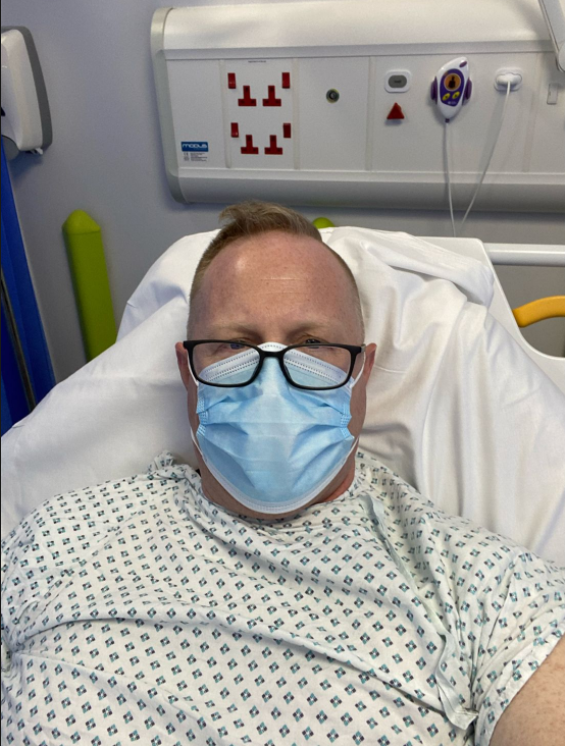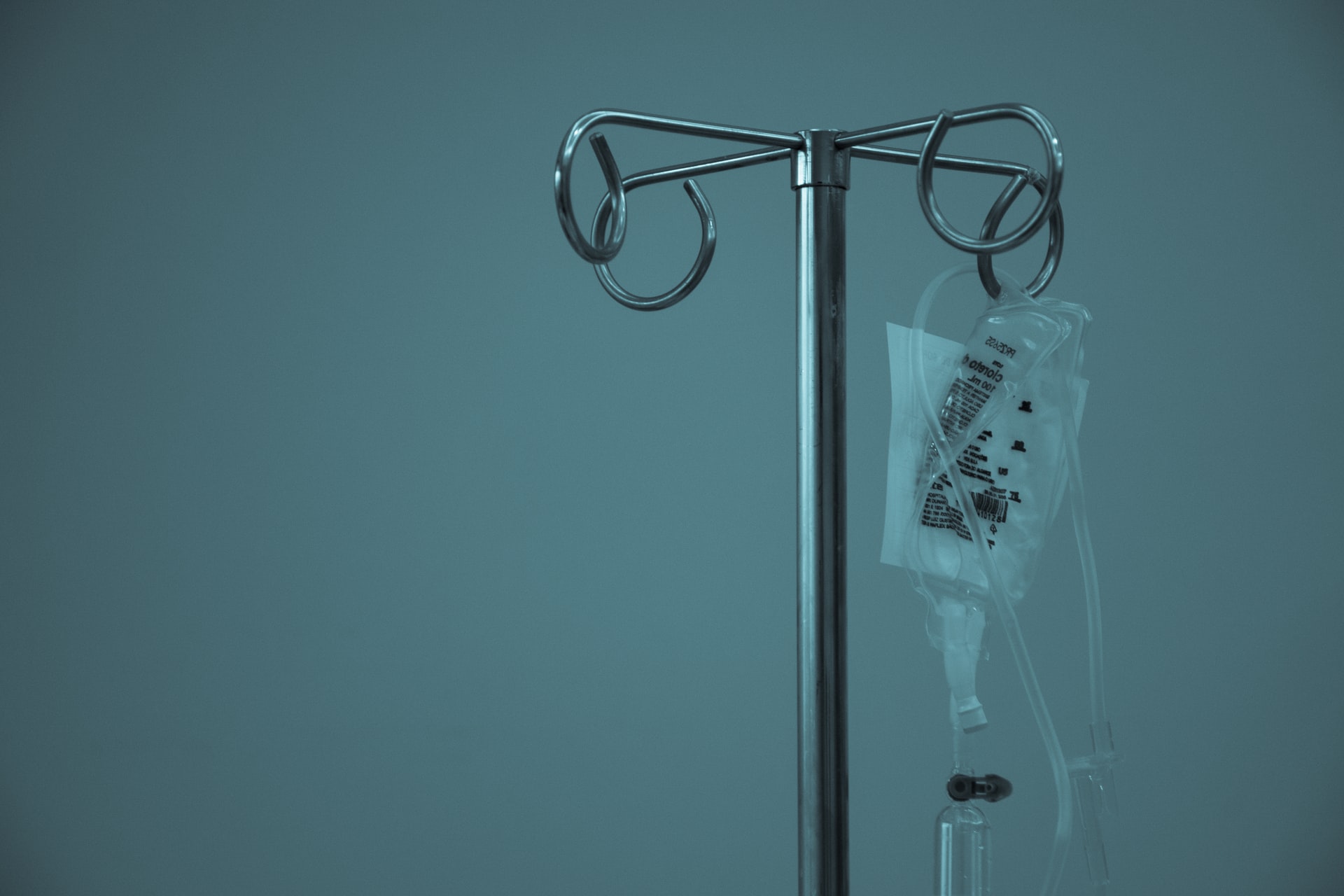For Jonathan Frostick, Regulatory and Compliance Lead at HSBC in London, an average Sunday afternoon took a dark turn that forced him to reevaluate his life choices while face-up on a hospital bed.
Sharing his near-death experience on social media, he said getting a heart attack is not how he planned to spend his Sunday.

“It was pretty standard up to 4pm. Morning coffee, a trip to the local country park, a shopping trip and late lunch,” he wrote.
“I sat down at my desk at 4pm to prep for this week’s work. And then I couldn’t really breathe. My chest felt constrained, I had what I can only describe as surges in my left arm, my neck, my ears were popping.”
Frostick said he didn’t experience his life flashing before him as many describe in such life-altering moments. Instead, his first concern was a meeting with his manager the following day, which made the ordeal “inconvenient”, followed by concerns on how to secure funding for a work-related project.
After that, he remembered he hadn’t updated his will, and lastly, “I hope my wife doesn’t find me dead.”
After being transferred to hospital, Frostick reflected on his experience and his priorities at that moment in time, leading him to re-evaluate his approach to work and take some decisions, “on the basis I don’t die”.
Here are six leadership lessons from Frostick following his near-death experience:
1. I’m not spending all day on zoom anymore
2. I’m restructuring my approach to work
3. I’m really not going to be putting up with any s#%t at work ever again – life literally is too short
4. I’m losing 15kg
5. I want every day to count for something at work else I’m changing my role
6. I want to spend more time with my family
How to prioritise tasks when everything is important
Effective prioritisation can help establish the areas of focus that really matter.
Why active listening makes people better leaders
Being a good listener is considered among the most important leadership skills.
Leaders, what is your relationship with ‘rest’?
Understanding our attitudes and behaviours around rest can empower us to learn how to rest in a way that prevents ...
Say goodbye to your 60-hour work week
7 tips to stop business leaders from overworking.











